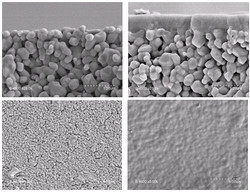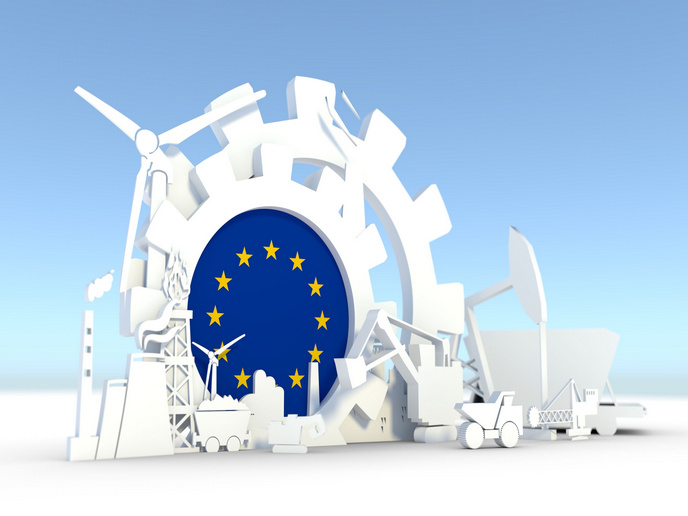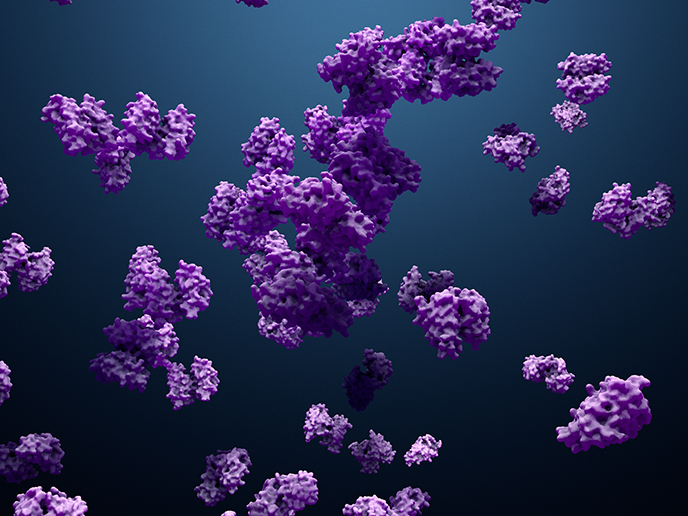Removing pharmaceuticals from wastewater
Following administration to humans or animals, some pharmaceutical drugs are metabolised while others remain intact and are finally excreted. This mixture of metabolites and unaltered drugs enter the wastewater system and, depending on their intrinsic stability, some molecules are not removed during treatment. The EU-funded ENDETECH (Enzymatic decontamination technology) project developed an enzyme-based water decontamination system to remove polluting pharmaceutical compounds. The system focused on pharmaceutical products and endocrine-disrupting chemicals (EDCs) that are resistant to commonly used methods of wastewater treatment. Researchers investigated the ecotoxicity of the target compounds and potential breakdown products. They also developed several tests for enzyme activity against antibiotics, hormones and carbamazepine (a common psychiatric drug). Enzyme libraries and metagenomics libraries were screened to identify those enzymes that can digest these pollutants. Scientists identified laccase enzymes as being able to inactivate the biological activities of tetracycline, hormones and EDCs. They also identified esterase enzyme (EreB), which inactivates the biological activity of erythromycin. Both enzymes were produced and their degradation of the target compounds fully described. Project partners also explored the immobilisation of laccase and EreB on membranes in terms of immobilisation rate, recoverable activity and stability. The best immobilised enzymes were implemented in a specially designed pilot bioreactor. Different experiments were conducted in the pilot bioreactor using water spiked with 38 pharmaceutical target compounds at a low concentration as well as actual wastewater from a hospital. The resulting samples were chemically and ecotoxicologically analysed to determine how the pollutants had degraded. In addition, the team created a model that simulated the breakdown of tetracycline in wastewater at the industrial scale for a hospital, a mid-sized town and a pharmaceutical production unit. The results were used as the basis for estimating bioreactor operating costs, so that ENDETECH could be compared with other technologies. The work conducted by ENDETECH was the subject of an important number of publications in peer-reviewed journals and will help boost research in the area of enzymatic remediation in the EU.
Keywords
Pharmaceuticals, wastewater, enzymatic decontamination, ecotoxicity, laccase, esterase enzyme







